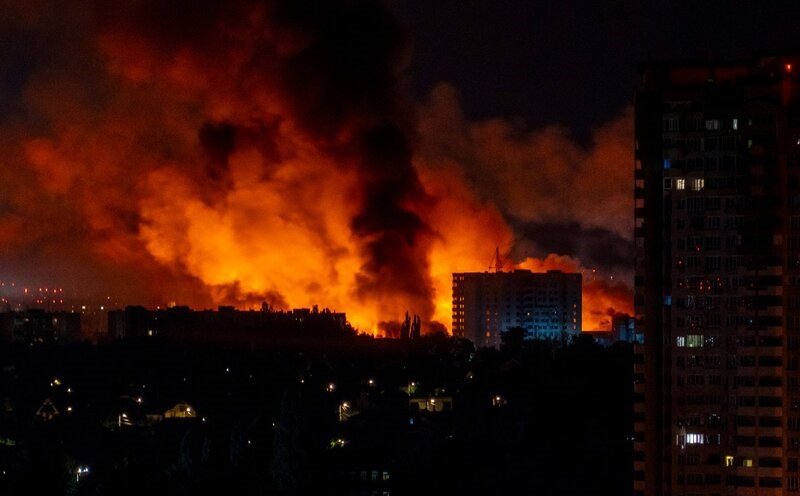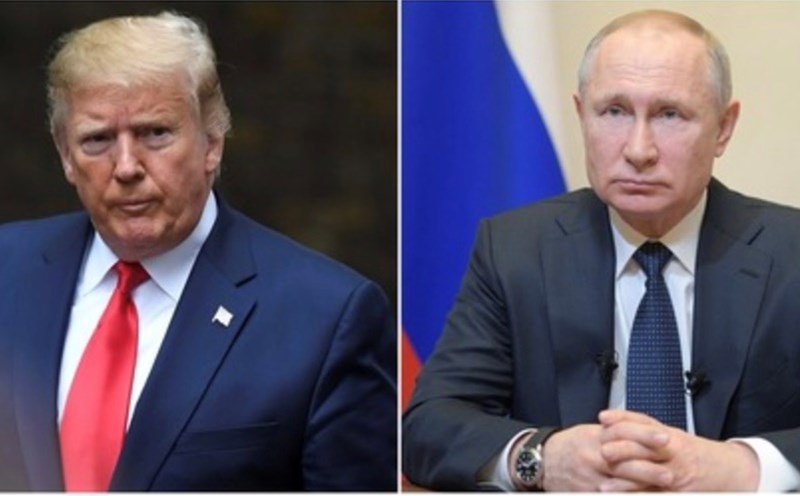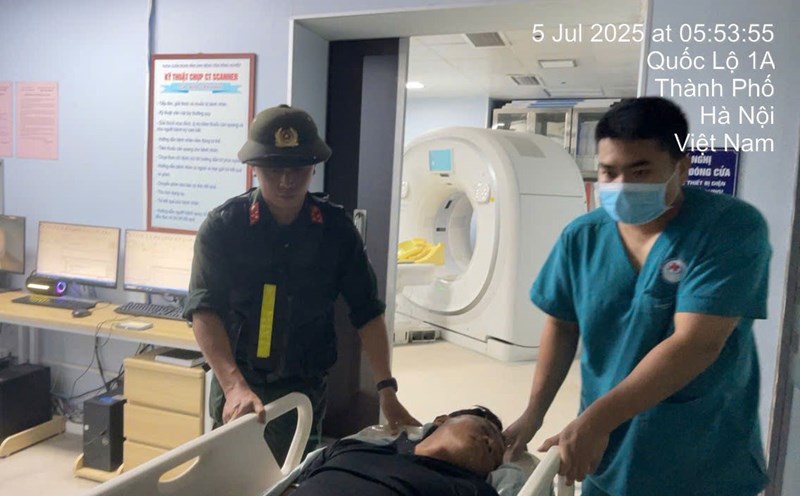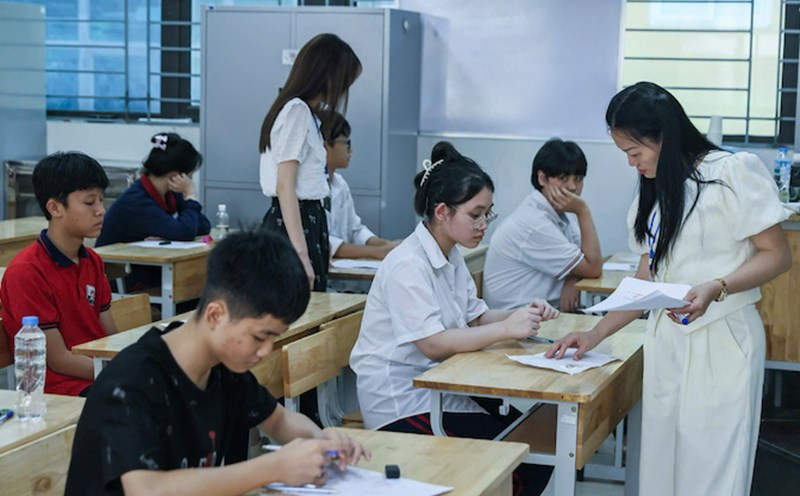Accordingly, breath-throwing toxic substances were released from unmanned aerial vehicles (UAVs) to force Ukrainian soldiers to leave the battlefield, becoming targets of Russian fire.
Dutch Defense Minister Ruben Brekelmans said that intelligence data confirms the trend of escalating the use of chemical weapons from Russia is gradually becoming popular and organized. He warned that this trend not only threatens Ukraine but also poses a risk to many other countries.
Intelligence information is independently collected by the Dutch Military Intelligence Service (MIVD) and the German partner agency BND, and sent to the Dutch parliament. MIVD head Peter Reesink said it was part of a large-scale program involving scientists and clear instructions from Russian military authorities on how to use chemical agents.
Chemical weapons accused of being used include chloropicrin - a more powerful poison than pepper, which was used by Germany during World War I. According to Reesink, this type of gas was pumped into light bulbs, bottles and released from UAVs onto the battlefield. Russia is also suspected of converting available ammunition to make a vehicle for spreading toxic air.
Meanwhile, Russia has denied all allegations and accused Ukraine of storing chloropicrin, with Ukraine claiming that thousands of cases of chemical weapons have been used from Russia, with the number attributed to up to 9,000. At least three people were killed and more than 2,500 soldiers were injured with symptoms related to the poison, according to a report by the Ukrainian health sector.
The Organization for the Prohibition of Chemical Weapons (OPCW) has not yet opened a full investigation, due to no official requests from member countries. However, the OPCW has asserted that the initial allegations of both sides are not well supported.
Mr. Brekelmans called for additional sanctions against Russia, including removing the country from international bodies such as the OPCW Executive Council. He said that the rotating members of the OPCW will be renegotiated in the next few months.
The European Commission is proposing to add 15 new entities and individuals to the list of sanctions for suspected use of chemical weapons in Ukraine.











